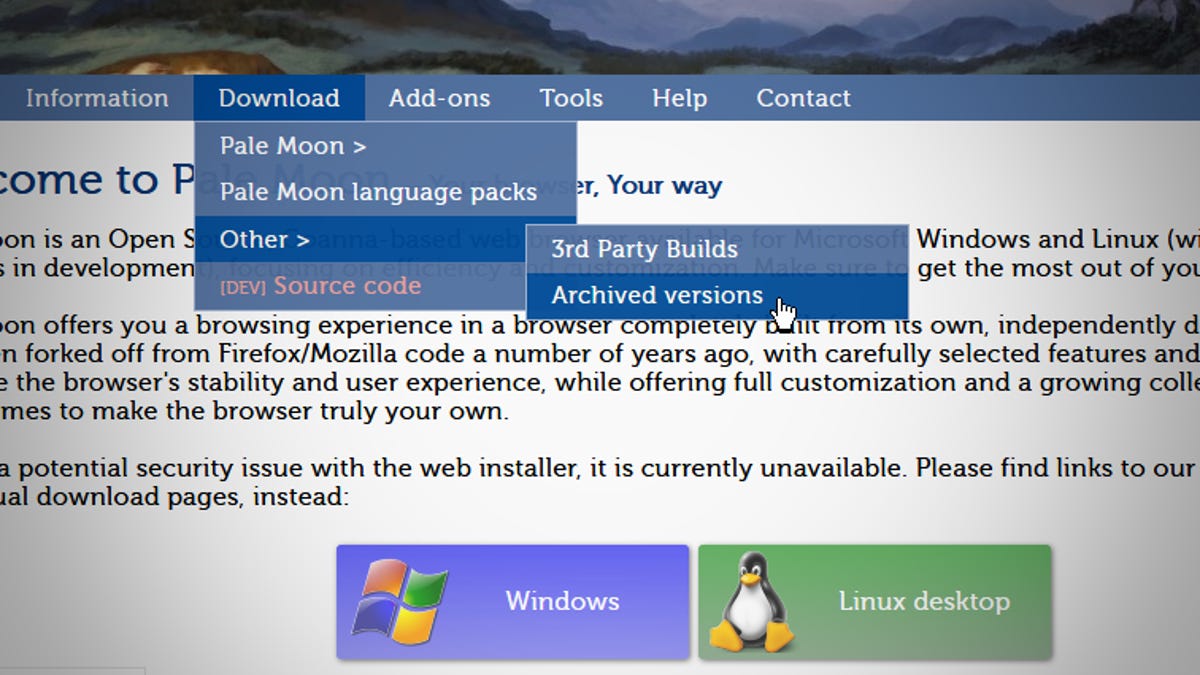(I posted this on the "palemoon!" thread a while ago, but maybe nobody is reading that any more, so I am re-posting)
I'm hoping someone is/are still interested in Pale Moon, I think it's a great browser.
I've tried to run the PM 28.6.x and 28.7.x Linux binaries using the linux-c7 compatibility layer on
FreeBSD 12.0. Some additional Linux libraries are needed, but after they're installed, PM
dumps core on start-up, specifically a file "Compositor.core".
I also tried to run the Windows version under wine-devel-4.12. This one seems to work fine,
except it does something that keeps the cpu pretty busy. This is in fact worse with 28.7.
Has anybody tried any of these things? Finally, does anyone know how to (attempt to)
build from source? Or have any other ideas?
I'm hoping someone is/are still interested in Pale Moon, I think it's a great browser.
I've tried to run the PM 28.6.x and 28.7.x Linux binaries using the linux-c7 compatibility layer on
FreeBSD 12.0. Some additional Linux libraries are needed, but after they're installed, PM
dumps core on start-up, specifically a file "Compositor.core".
I also tried to run the Windows version under wine-devel-4.12. This one seems to work fine,
except it does something that keeps the cpu pretty busy. This is in fact worse with 28.7.
Has anybody tried any of these things? Finally, does anyone know how to (attempt to)
build from source? Or have any other ideas?



